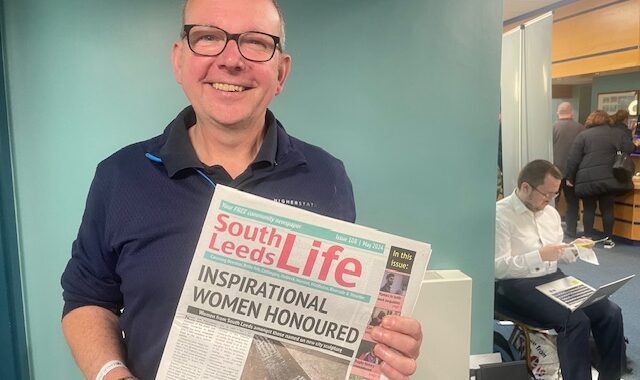ICNN and C4CJ welcome the recommendations of the Cairncross Report.
We believe it is positive news that the review recognises the huge value of public interest journalism and that it is in dire need of assistance.
A level playing field where news outlets are self-sufficient and can compete with one another for a share of the market should be the ultimate goal. But until then, direct support from the government must be welcomed, as it has been in Wales.
An innovation fund should foster and reward the type of innovation currently being done at the hyperlocal level by the likes of the Ferret, the Clydesider, the Bristol Cable and the Edinburgh Reporter.
As journalism becomes increasingly unprofitable, incentivising a growth in public interest journalism can benefit journalism on the whole as well as the communities it serves.
This fund needs to be independent of the publishers themselves. Who decides who gets the money is as important as who doles it out. One of the recommendations is to create an Institute for Public Interest News. This must remain independent if it is to administer the fund. Any fund would have to be considerable and it is likely there will be many trying to influence it.
We also welcome the recommendation that public interest journalism should be recognised as having wider societal benefit and that this should be protected by granting charitable status to its providers.
Public interest journalism does what it says on the tin. It is journalism in the public interest. It’s existence alone is of critical value and benefit to the public and in ensuring our democracy is robust, transparent, and that those in charge of it held to account.
Director of
One recommendation that could have
Although the BBC’s Local News Partnership is still in its infancy, overall it appears to be a positive addition to the local news ecosystem. Nearly 50 hyperlocals have successfully partnered with the BBC so far.
We welcome the proposed expansion of the scheme, so long as independent community news outlets maintain an active involvement, and a full review of the scheme is carried out. Whilst the scheme helps tackle the democratic deficit by creating more content, it is not a financial game-changer.
Independent community and hyperlocal journalism is a mainstay of the modern media ecosystem. In many towns and cities around the UK our members are the only sources of information. They are the only journalists at council meetings, covering local elections and planning meetings, holding those in power to account.
The report says that hyperlocals “show the most commitment to locally specific, public-interest journalism, which should be supported.”
The support this report aims to provide must be of benefit to the whole news ecosystem.
Therefore, whatever policy decisions are made following these recommendations we would call for them to explicitly include and make reference to independent community and hyperlocal news outlets.
We look forward to engaging with the government on making these recommendations a reality.





